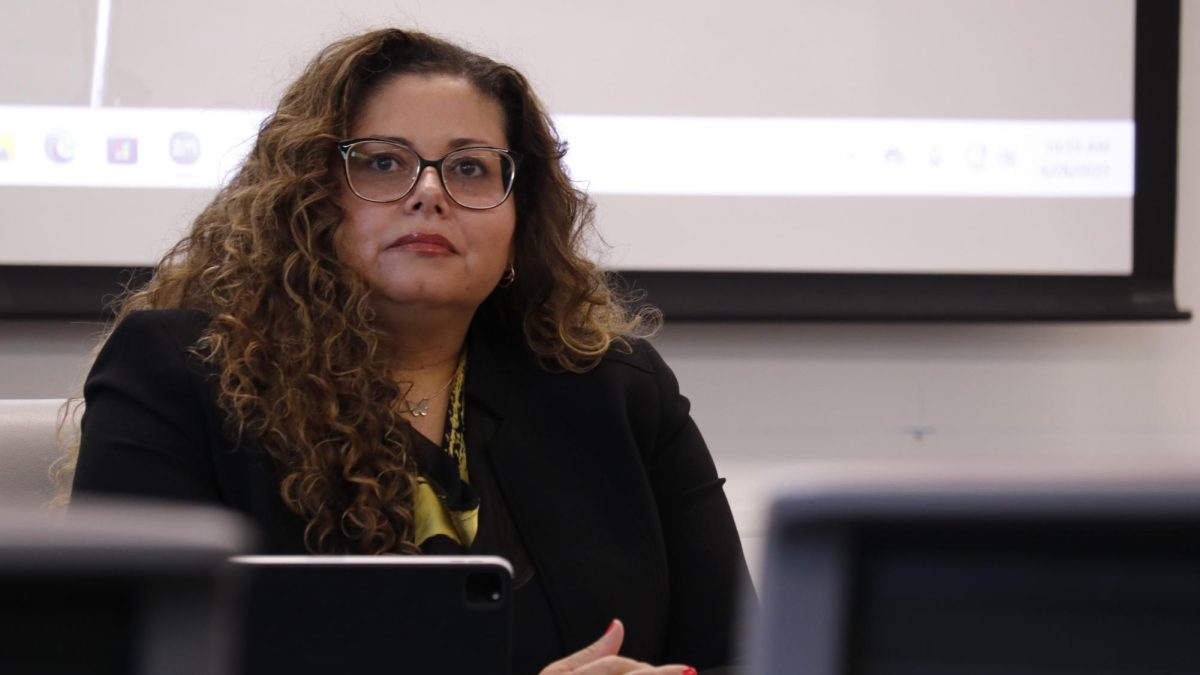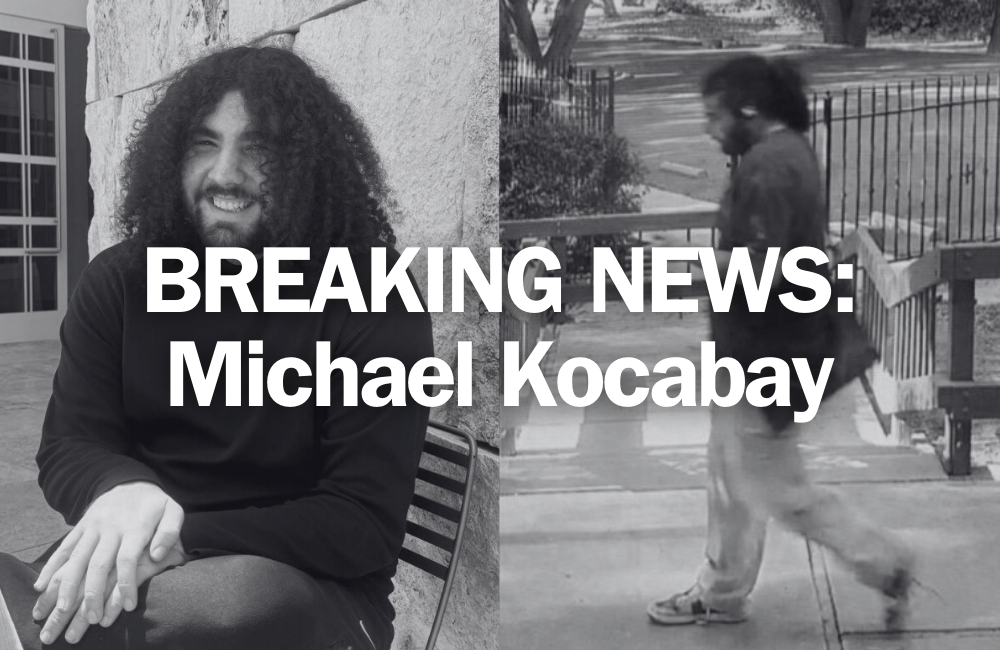A new law requires public universities and colleges to enforce new policies that protect LGBT students from harassment and bullying.
With the 2010 suicide of Rutgers University student Tyler Clementi, LifeScience news is calling gay suicide a U.S. epidemic. The Center of American Progress has also given much attention to campus bullying in association with LGBT suicide.
According to a 2011 study conducted by Columbia University, 20 percent of LGBT students admitted attempting suicide.
The LGBT Equality and Equal Access in Higher Education law, effective January, asks campuses to strengthen queer studies programs and provide safety codes of conduct for LGBT students.
Hugo Valencia, president of the CSUN LGBTA student organization, said CSUN does not particularly have a bullying issue.
“I’m so happy to be on a campus that is so accepting and diverse,” Valencia said. “I came from a very small town where acceptance was scarce and I was always alone. But when I came to CSUN, I finally felt like myself.”
The law requires each campus to appoint a faculty or faculty body with the responsibility of overseeing harassment cases. LGBT students would report acts of bullying or maltreatment to this figure and in return, the appointed faculty would provide necessary counseling and alert authorities in cases of violence.
No current CSUN employee or entity assumes this role. Gregory Knotts, CSUN professor of education and faculty advisor of CSUN LGBTA, said the USU board and LGBTA are the best contacts for questions or concerns.
The law also suggests universities and colleges educate their faculty by enforcing queer studies seminars or training programs.
“Though CSUN is an accepting campus, I think the faculty tends to be ill-informed” Knotts said. “Professors are the face of CSUN and we need to be proactively educated. Crash courses like these will force gender issues on faculty radar and ultimately strengthen the university.”
Diego Flores, CSUN senior majoring in psychology and LGBTQ peer mentor, said he would like to see more diversity training among the student body.
“Whether it’s pamphlets, a few words at student orientation or open forums, I think any step is a step in the right direction,” Flores said.
Flores said CSUN and young people in general especially need to put an end to the phrase, “That’s so gay.”
“They don’t realize that it’s not funny and sometimes it can hurt our feelings,” Flores said. “Simple comments like these are in a way bullying and I think anything our campus can do to properly inform students would be helpful.”
Another issue the law addresses is data collecting on gender identity. The law aims to include sexual orientation in the same manner as race and ethnicity on demographics sections of university forms.
Knotts said this practice would be particularly beneficial for transgender students that don’t feel comfortable with being labeled as male or female. In terms of financial aid, Knotts said the gender identity option could also benefit LGBT students who have been kicked out of their homes.
“Many argue race, ethnicity, etc. should not even be on financial aid forms,” Knotts said. “But unfortunately, we still live in a time where these factors are often woven with circumstance and financial need. LGBT students, for example, may need aid in the first place because their families have denied them any assistance because of their sexual identity.”
To create a save haven for LGBT students, CSUN will open its doors to a new LGBT resource center in the fall. Knotts said the center will be a place for LGBT students and supporters to socially and intellectually interact.
The center is still in the process of designing programs that will provide resources, peer counseling and social activities.
“CSUN is out and visibly proud,” Knotts said. “CSUN faculty and students are predominantly tolerant and I think the campus has done an exceptional job so far at maintaining safety, support and resources for LGBT students.”




